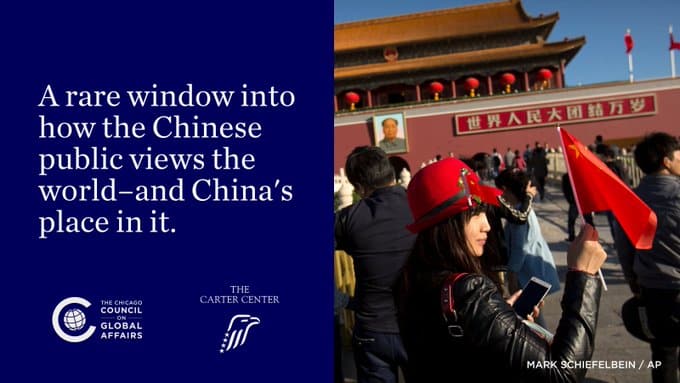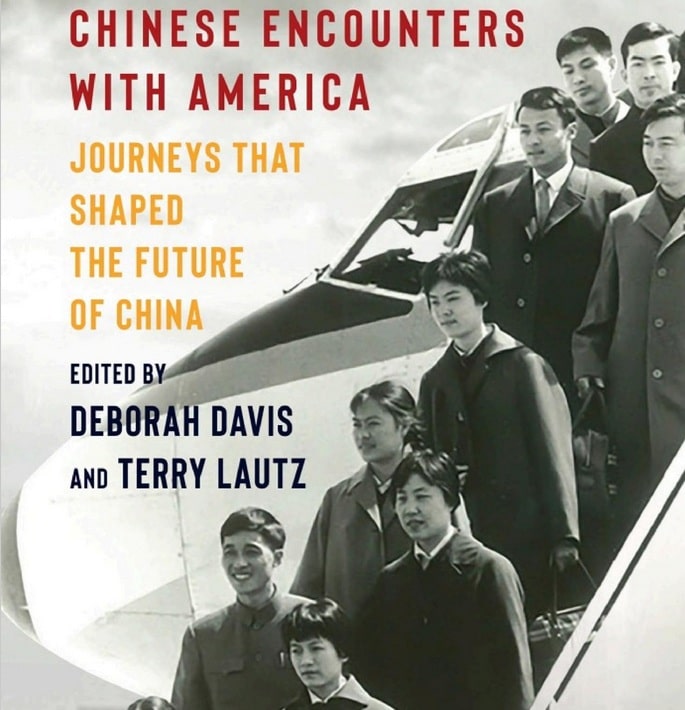Japan’s Prime Minister Takaichi Finally Says Something Close to What Beijing Wants to Hear
Cooperation Is the Only Way Ahead for US-China Relations
Amid a flurry of pessimistic analyses and predictions about the future of U.S.-China relations, one prominent Chinese international relations scholar, Professor Niu Jun at Peking University, is calling for a new Chinese approach to the United States. Specifically, per Niu, on the whole China should maintain a cooperative relationship with the United States and this should be part of its national strategy — not a policy of convenience.
Indeed, Niu’s new essay sheds some light on U.S.-China relations from a Chinese perspective. It is particularly timely given that both countries are increasingly suspicious of each other’s intentions in East Asia and beyond. The United States is suspicious of a rising China that tries to push U.S. influence out of Asia and, in the process, becomes a regional hegemon. China, on the other hand, suspects that the United States wants to block its rise for fear of losing its hegemonic status in world politics. Such a deep level of distrust was already evident as early as 2012, when China’s Wang Jisi and Kenneth Lieberthal in the United States co-wrote a report on strategic distrust between the two powers. Unfortunately, tensions between the two powers have only increased due to disputes in cybersecurity, the South China Sea issue, and trade competition.
Niu, however, believes that the best term to characterize U.S.-China relations is “competitive interdependence,” meaning that the two countries are competing in Asia, but also are constrained by their economically interdependent relationship. Furthermore, he points out that the deterioration of U.S.-China relations in the last few years should not be blamed on the U.S. side alone, as some in China would suggest. Many favor a U.S. ‘conspiracy’ theory, but such a view is not only intellectually lazy, but also unsupported by empirical facts. The U.S. side certainly has its own share of the blame, but perhaps more important is what has changed within China.
That change, according to Niu, is more fundamental to explaining China’s new foreign policy approach. Questions that we should be asking ourselves include: 1) Is China’s central foreign policy changing? 2) How does China’s leadership define the nature of U.S.-China relations? 3) Is Chinese public opinion moving to the left? All these questions are very important if our goal is to stabilize and improve U.S.-China relations in the future. Unfortunately again, we have not seen many good-quality studies addressing these questions in either the Chinese and English academic literatures.
Niu also puts emphasis on the ‘strategic’ nature of a cooperative U.S.-China relationship. This is especially important because Niu is referring to long term strategy. This refutes the view that a cooperative U.S.-China relationship is only for purpose of convenience, paving the way for China to replace the United States in the future.
Undoubtedly, Niu’s views in China will be hotly debated. Some might disagree with him on the issue of U.S. intentions and others might agree with him on the changes occurring within China. Either way, it is fortunate that we have prominent scholars like Niu Jun in China who remind us, again, from a historical perspective, that a good and stable relationship between the United States and China benefits both tremendously. This is very important as the two major powers head into a new era of competition in East Asia. The key for the U.S.-China relationship going forward will be to let interdependence put constraints on their competition in a healthy way.
By DINGDING CHEN Mar. 10, 2016 on The Diplomat
Read more here








